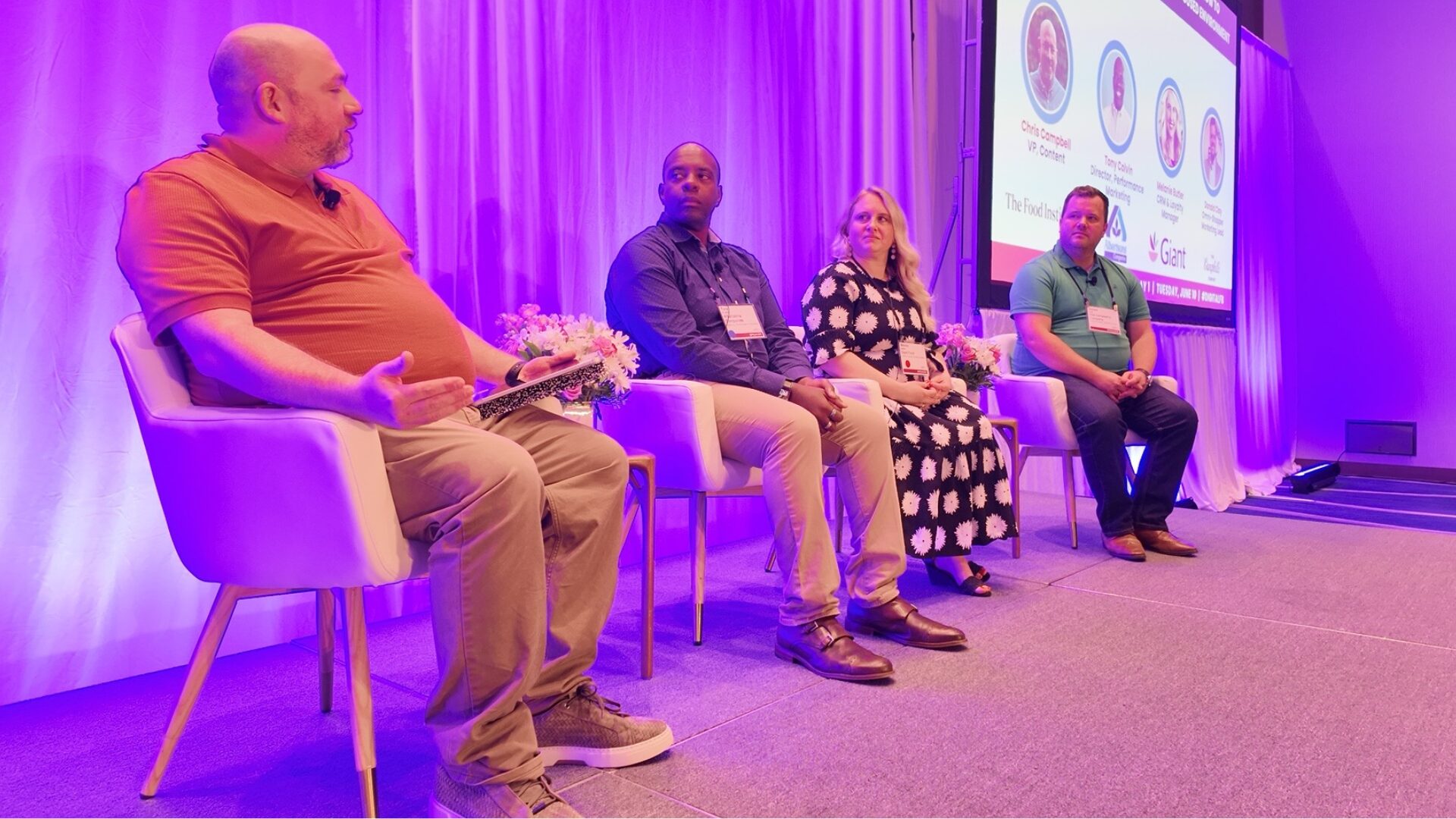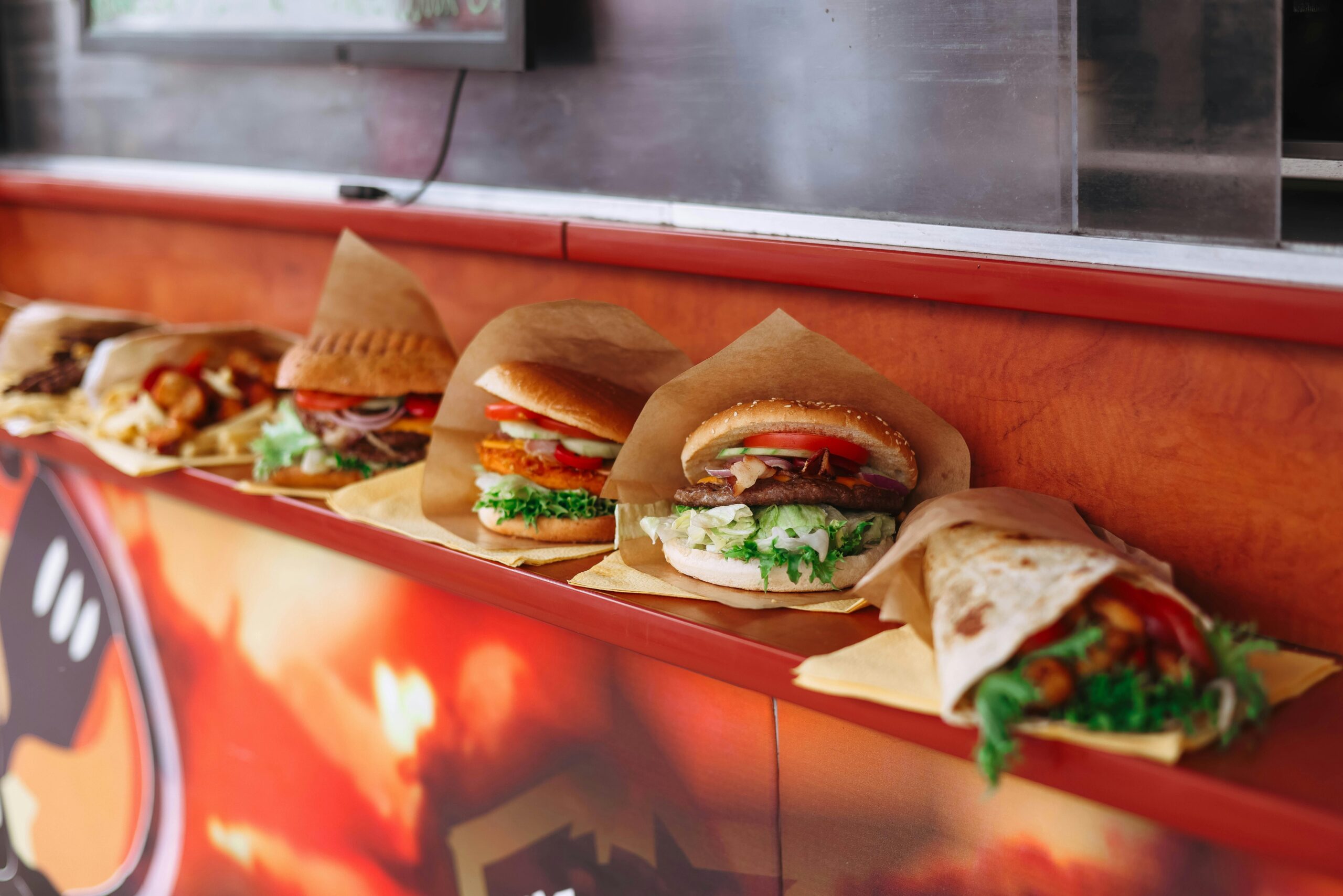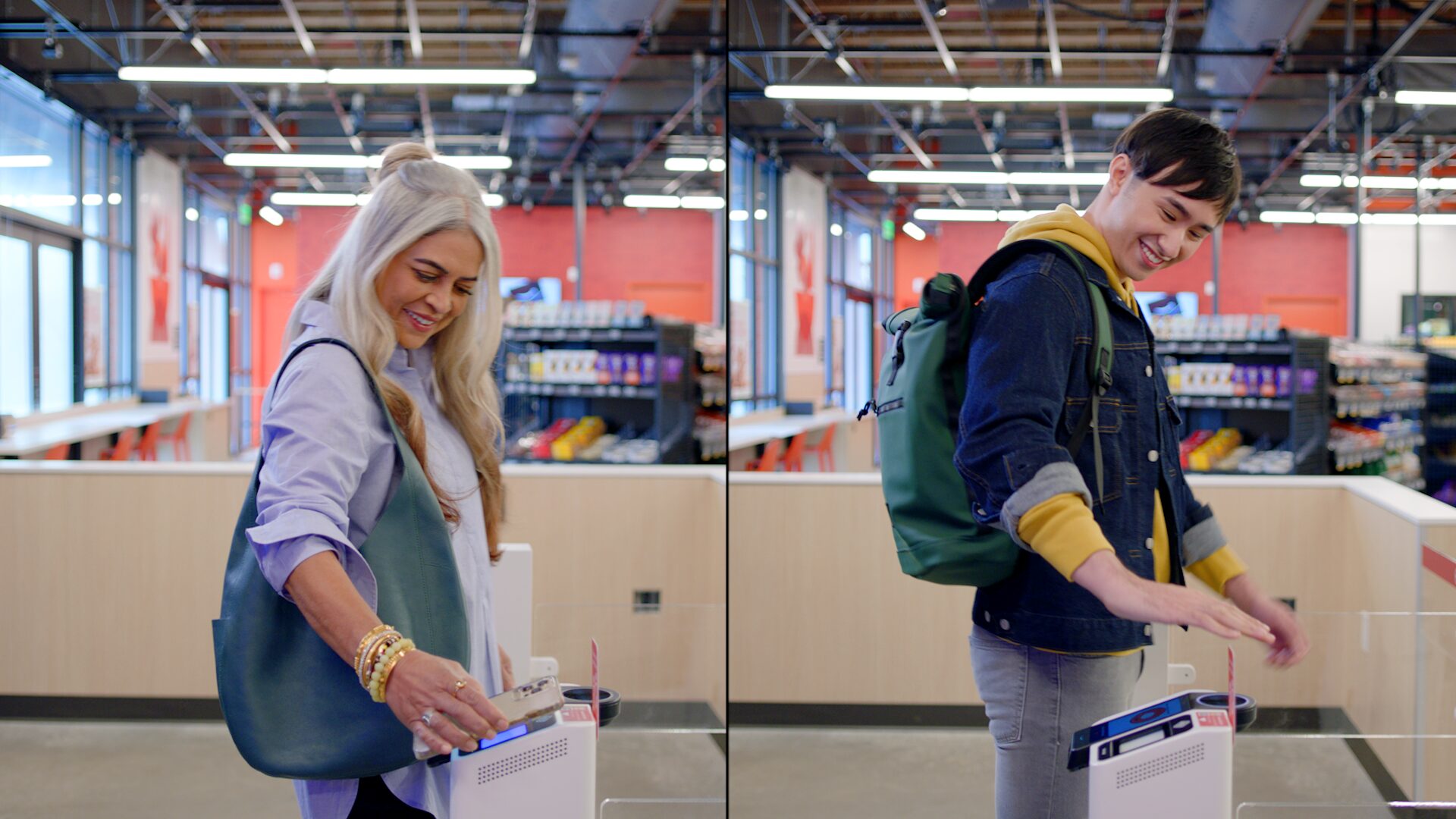Increasing consumer anxiety plagues Americans as uncertainty about the future looms. From inflation to military conflict and weather disasters, consumers have a lot on their minds at the outset of 2024.
Food Technology released its 2024 Consumer Outlook recently, and among the top trends to watch were comfort spending and making tough spending decisions. The magazine found that many consumers are willing to splurge on items that give them joy and comfort, but also that consumers are pinching pennies due to inflation and factors such as student loan repayments beginning again.
So, what exactly does comfort spending look like in 2024? The Food Institute got the insight of three industry insiders.
Key Characteristics of Consumer Anxiety
According to Reilly Newman, founder of Motif Brands, consumers are diving into comfort foods and things that are familiar to them.
“Since the world has entered a state of uncertainty, there’s a natural desire for the known and familiar. This relates to comfort foods or even perhaps those foods that are nostalgic.”
When it comes to more thought behind spending, Jill Blanchard, president of enterprise client solutions at Advantage Solutions, said the resumption of student loan repayments and reduction in SNAP benefits are two driving forces.
“Consider, according to our latest 2023 Advantage Outlook survey, the estimated 43 million families affected by student loan repayments say they will reduce spending outside of the home and forgo large purchases rather than cut back on groceries,” she noted. “They’re essentially substituting more expensive purchases with less expensive, in-home indulgences, such as hosting friends and family, food indulgences, or personal/self-care items.”
Bill Heiler, senior manager, customer marketing at Rich Products, said multiple factors are making consumers think twice before making expensive purchases these days.
“Consumers are dealing with anxiety due to a number of issues in today’s environment, including global and political uncertainty, as well as economic pressure driven by inflation,” he said. “This is causing consumers to eat out less to save money, but hasn’t stopped them from celebrating.”
According to Rich Products’ recent Fresh Bakery Shopper Segment Survey, 59% of respondents said higher grocery prices have not affected the number of celebrations/gatherings they’ve had.
How Companies Can Address Concerns
How can food manufacturers address consumers anxiety? Newman feels that brands need to apply certain signaling to their marketing.
“Through messaging and visual design cues, the brands can help calm the consumer and make them feel more confident in their decision-making,” Newman said. “This anxiety may also encourage the consumer to look for mental shortcuts in their decision-making to avoid being overwhelmed. They may look to peers, reviews, trends, signals, etc. to help them make their decision and even affirm the decision they’ve made.”
Brands can take these psychological aspects into account when strategizing on how to communicate to their audience. Brands that can be empathetic to the feelings of their audience will always win at the end of the day, Newman said.
Blanchard feels manufacturers need to truly understand the role that their products play in consumers’ lives and address that with the right strategies around pricing, promotions and product availability.
“For instance, some products help shoppers address their very real need to consider cost,” she said. “Other products speak to consumers’ need to put their responsibilities aside, if only briefly, to partake in the small luxuries and indulgences that make life enjoyable.”
Consumers should ideally be able to achieve both needs in a single shopping trip, she added.
The Food Institute Podcast
With New Years’ resolutions in full swing for January, how are consumers adjusting their diets for a healthier lifestyle? Marie Molde, a registered dietitian with Datassential, joins The Food Institute Podcast to discuss consumers’ health goals, the rise of mushrooms, emerging health-focused restaurant concepts, and the impact of GLP-1 drugs on the food industry.












